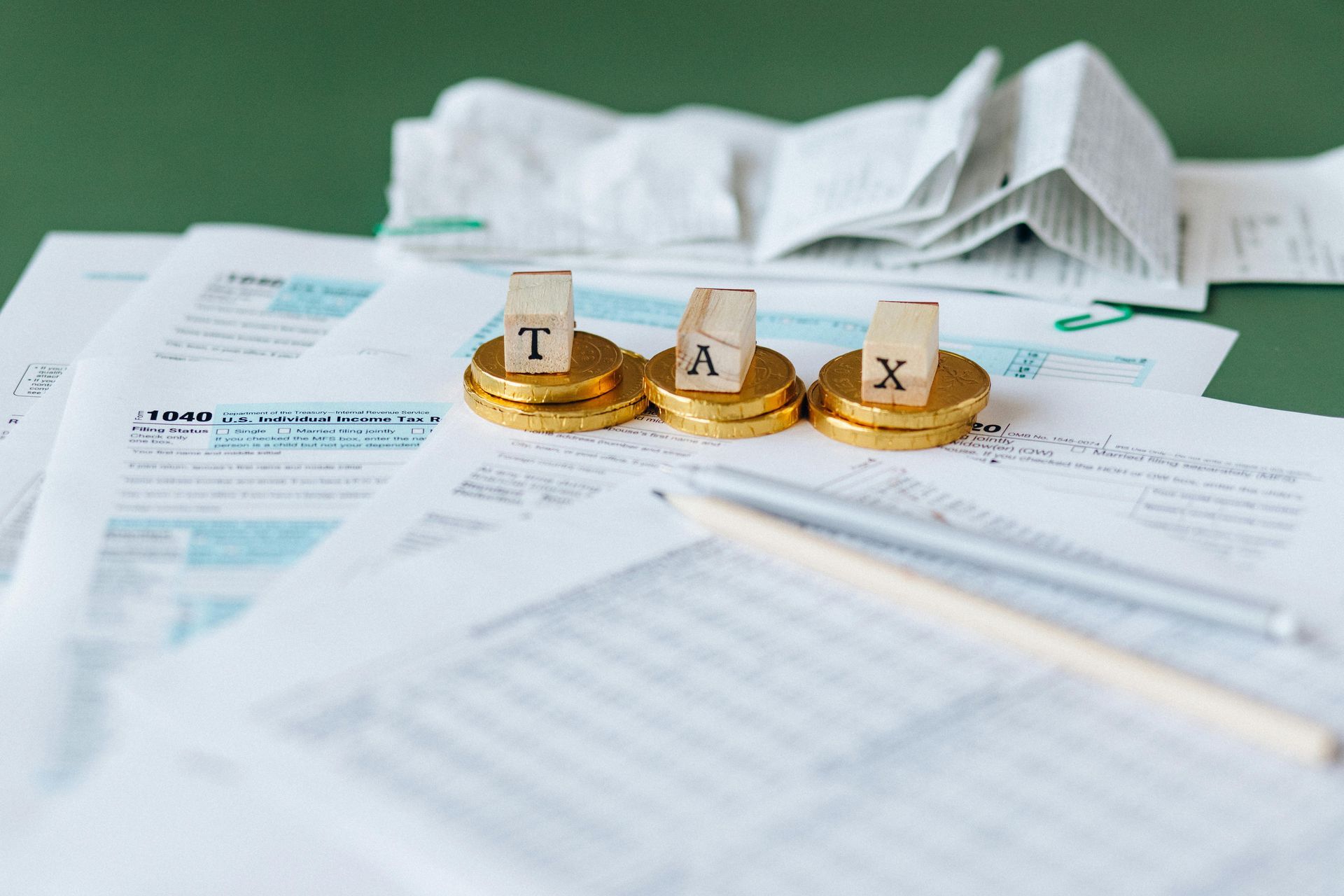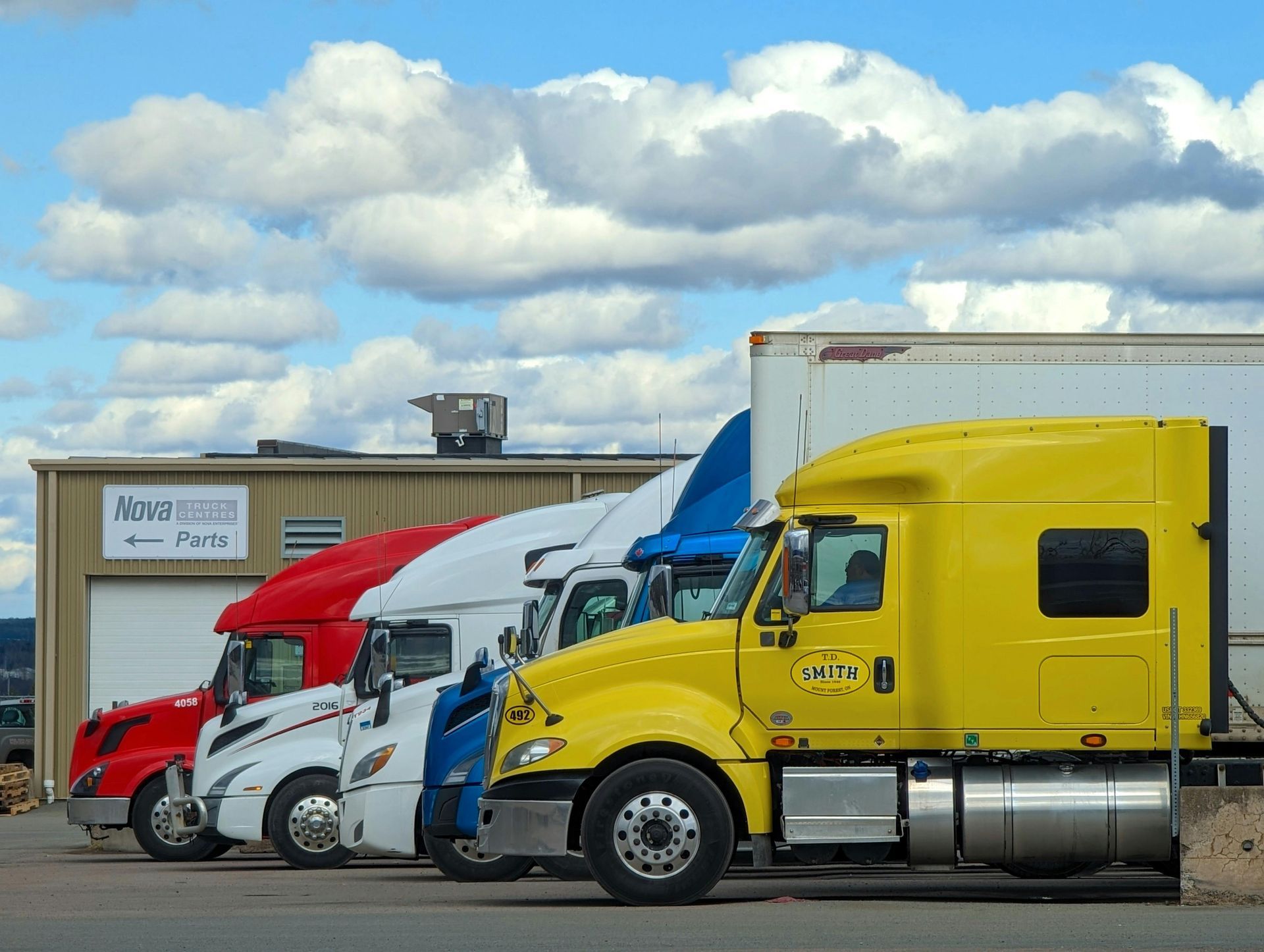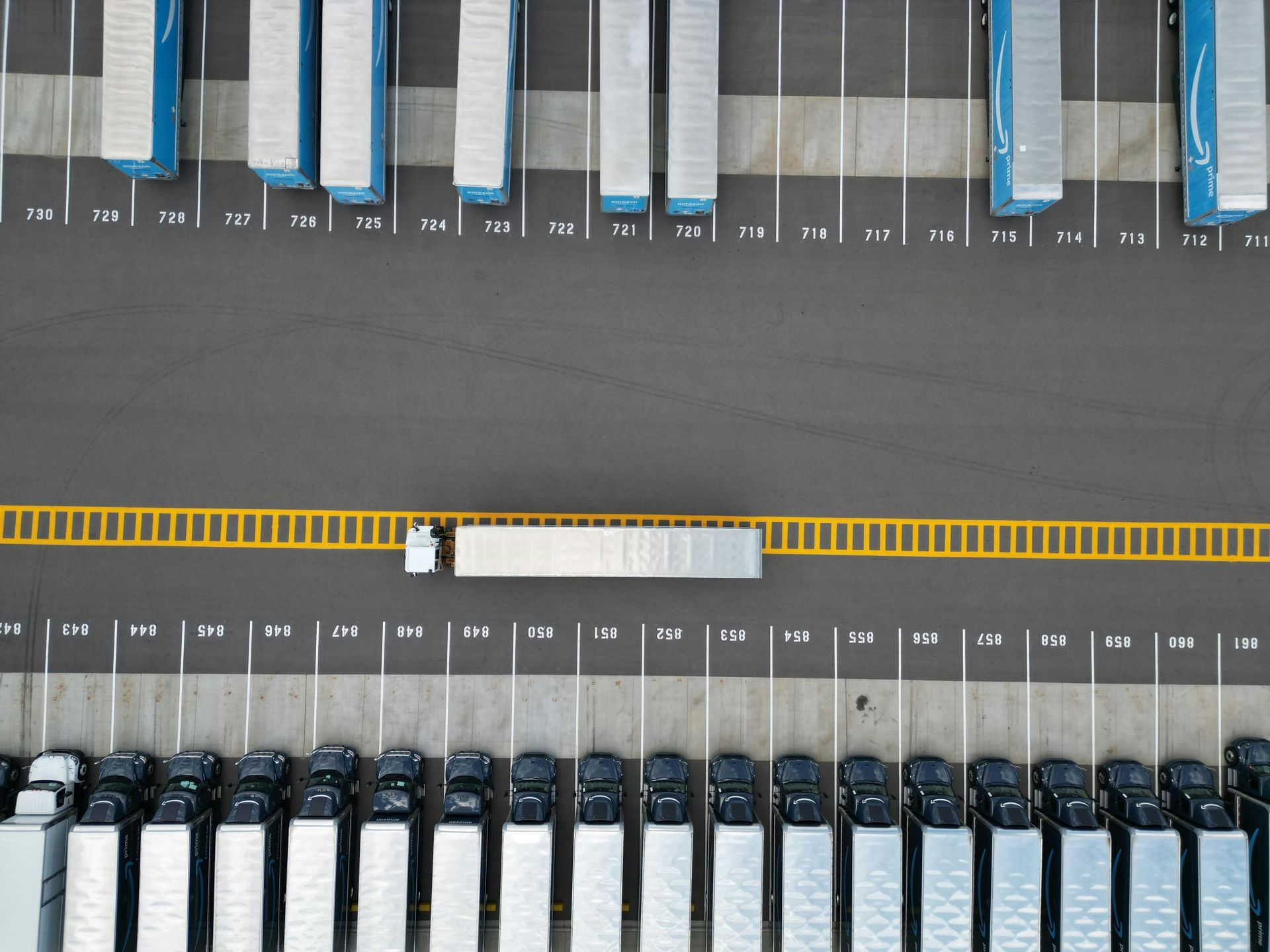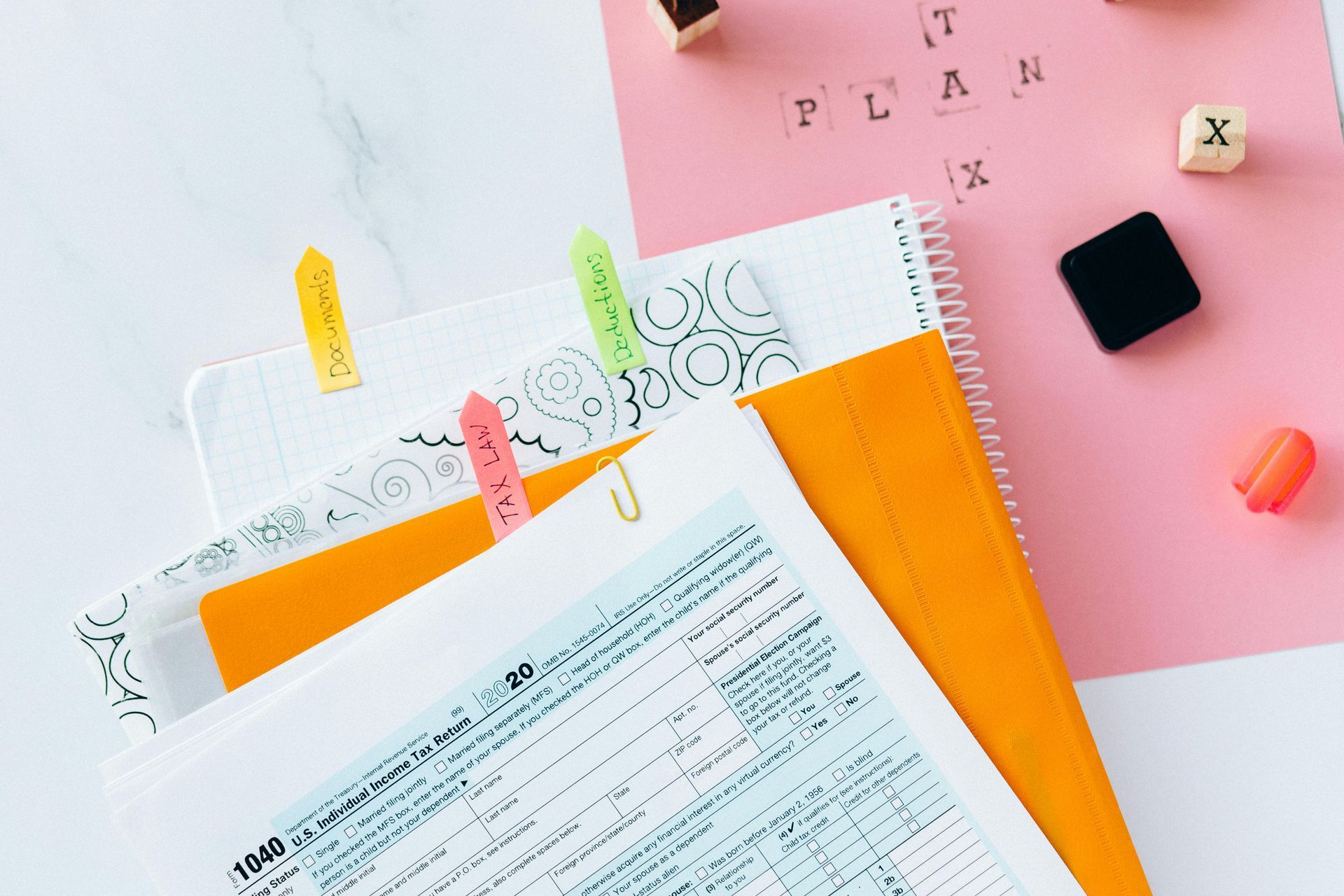Mileage Logs 101: Why Accurate Records Matter at Tax Time

You’ve got your load, your route, your snacks—and hopefully, your mileage log too. But let’s be honest: recording mileage isn’t exactly thrilling. It’s one of those tasks that gets tossed to the side during busy days on the road. The problem? When tax time rolls around, bad mileage records can cost you big—either in missed deductions or in CRA penalties.
Accurate mileage logs are more than just a good habit. For Canadian truckers, they’re a CRA requirement when you claim vehicle expenses. And when done right, they can lead to bigger write-offs and lower tax bills.
Let’s break down exactly what the CRA expects, how to make mileage tracking easy, and why it’s one of the smartest things you can do for your business.
Why Mileage Logs Matter (More Than You Think)
Whether you own your truck or lease it, you’re probably spending thousands every year on fuel, maintenance, and repairs. The CRA lets you deduct many of those costs—but only if you can prove they were for business use.
That’s where your mileage log comes in. It shows:
- When you drove
- Where you went
- Why the trip was business-related
- The distance traveled
Without it, you’re left guessing—or worse, defending yourself during an audit with no solid proof. And the CRA doesn’t accept estimates or assumptions. If it’s not documented, it didn’t happen.
CRA Requirements for Mileage Logs
The CRA is pretty specific about what your log should include. To keep your deductions safe and your return bulletproof, your mileage log must track:
- Date of each trip
- Starting point and destination
- Purpose of the trip (e.g., load pickup, delivery, repair shop, client meeting)
- Start and end odometer readings
- Total kilometers driven per trip
You’ll also need to record your total kilometers driven for the year, including both personal and business use. This helps calculate your business-use percentage, which determines how much of your vehicle expenses you can deduct.
For example, if you drove 90,000 km in the year, and 72,000 of those were business-related, your business-use percentage is 80%. That means you can deduct 80% of your fuel, maintenance, insurance, and other vehicle costs.
What Happens If You Don’t Have a Log?
Let’s not sugarcoat it: skipping mileage records is risky. If you get audited and can’t provide a proper log, the CRA can:
- Deny your vehicle expense claims
- Reduce your business-use percentage drastically
- Add interest and penalties
- Reassess multiple tax years if they suspect a pattern
One audit can unravel several years’ worth of tax filings. Not fun.
Easy Ways to Keep a CRA-Approved Mileage Log
Mileage logs don’t have to be a nightmare. There are modern, simple ways to keep things organized—some take just seconds per trip.
Use a Mileage Tracking App
Apps like MileIQ, TripLog, or Driversnote use your phone’s GPS to automatically track your trips. Just tag each drive as business or personal, and it does the rest. These apps generate clean, CRA-ready reports you can hand straight to your accountant.
Go Old School With a Notebook
If you prefer paper, that’s fine too—just make sure you’re logging every trip with:
- Date
- Where you went
- Why you went
- Odometer readings
Use a consistent format and store the log somewhere safe. Scanned copies work too.
Combine Logs with Receipts
Make it a habit to snap photos of your fuel receipts and match them with your mileage records. That extra layer of documentation goes a long way in keeping your return airtight.
Real Case: The CRA Mileage Review That Almost Cost $6,000
One of our clients, a Toronto-based flatbed operator, came to Truckers Pro CPA after receiving a CRA review notice. He had claimed $28,000 in fuel and maintenance expenses but didn’t keep a mileage log. The CRA was ready to deny half his deduction, which would’ve cost him almost $6,000 in taxes and penalties.
We worked quickly with him to reconstruct a mileage log using dispatch records, fuel invoices, and ELD data. It wasn’t ideal—but it was enough to convince the CRA that his claims were reasonable. Since then, he uses a mileage tracking app religiously. He hasn’t had a single issue since.
Bonus Tip: Track Personal Use Too
Many truckers forget this part, but the CRA wants to know how much of your driving is personal. Even if you only drive the truck for business, any time spent using the vehicle to grab groceries, visit family, or run non-business errands must be logged as personal.
Why it matters: You can only deduct the business-use portion of your vehicle expenses. So if your total mileage is 100,000 km and 80,000 km were for business, you get to write off 80% of your fuel, insurance, repairs, and leasing or depreciation.
How Truckers Pro CPA Can Help
Mileage logs aren’t just busywork—they’re a direct line to bigger tax deductions and less stress if the CRA comes knocking. But we know life on the road is busy, and bookkeeping isn’t your first priority.
That’s why Truckers Pro CPA helps truckers:
- Set up easy mileage tracking systems
- Sync mileage logs with bookkeeping software
- Maximize deductions based on accurate business use
- Prepare clean reports for tax filing and CRA reviews
- Avoid red flags that trigger audits
We make CRA compliance part of your everyday routine—without adding more work to your plate.
Popular Posts

Marcel Coviciu
Marcel began his career working in operation and management for a major tire manufacturer. Then he transitioned into trucking, running his own business for 15 years and ultimately working his way through accounting school. Fascinated with the way logistics and financial management impact the profitability of businesses, Marcel loves sharing his expertise with other truckers.















